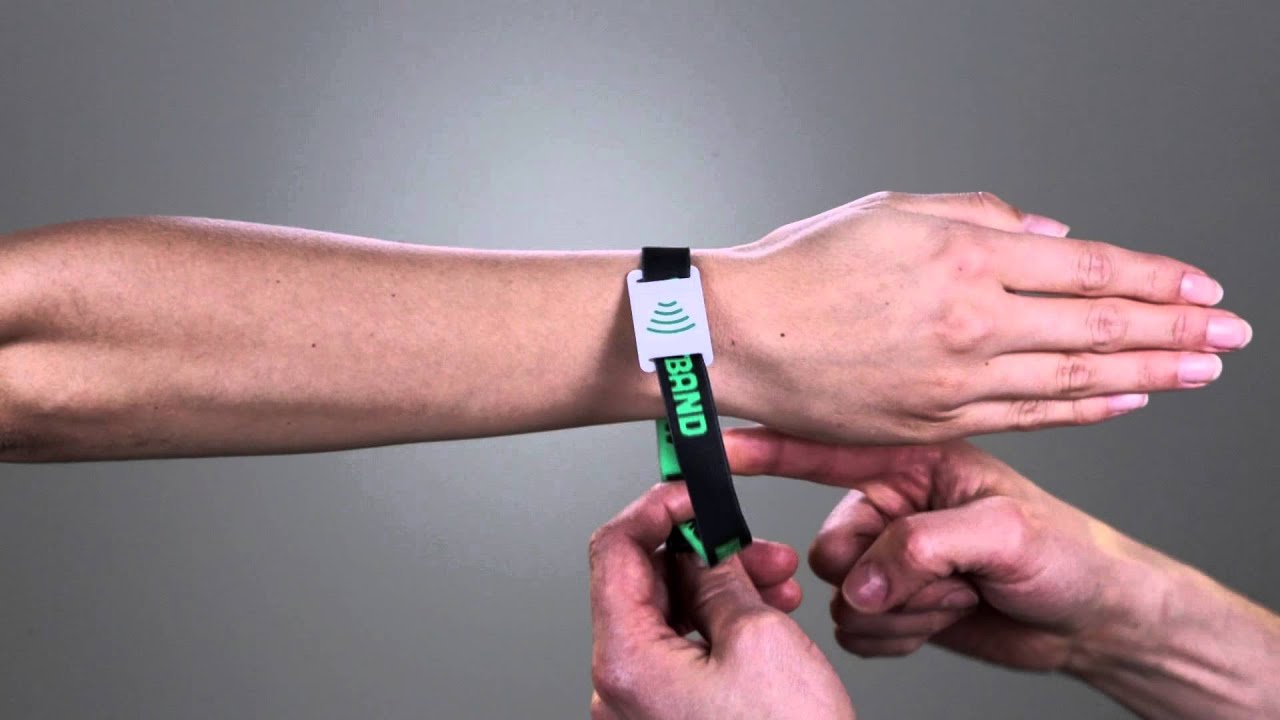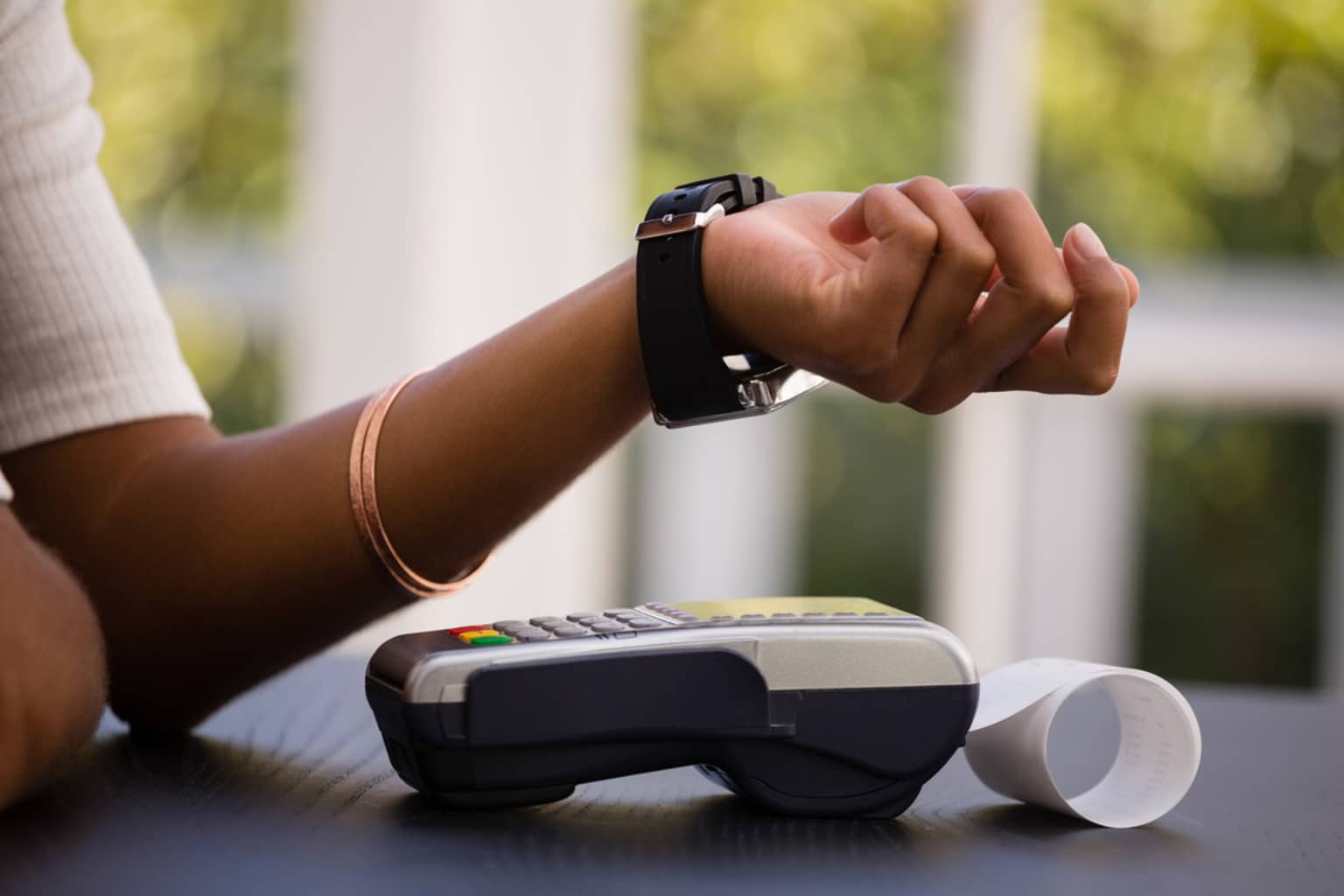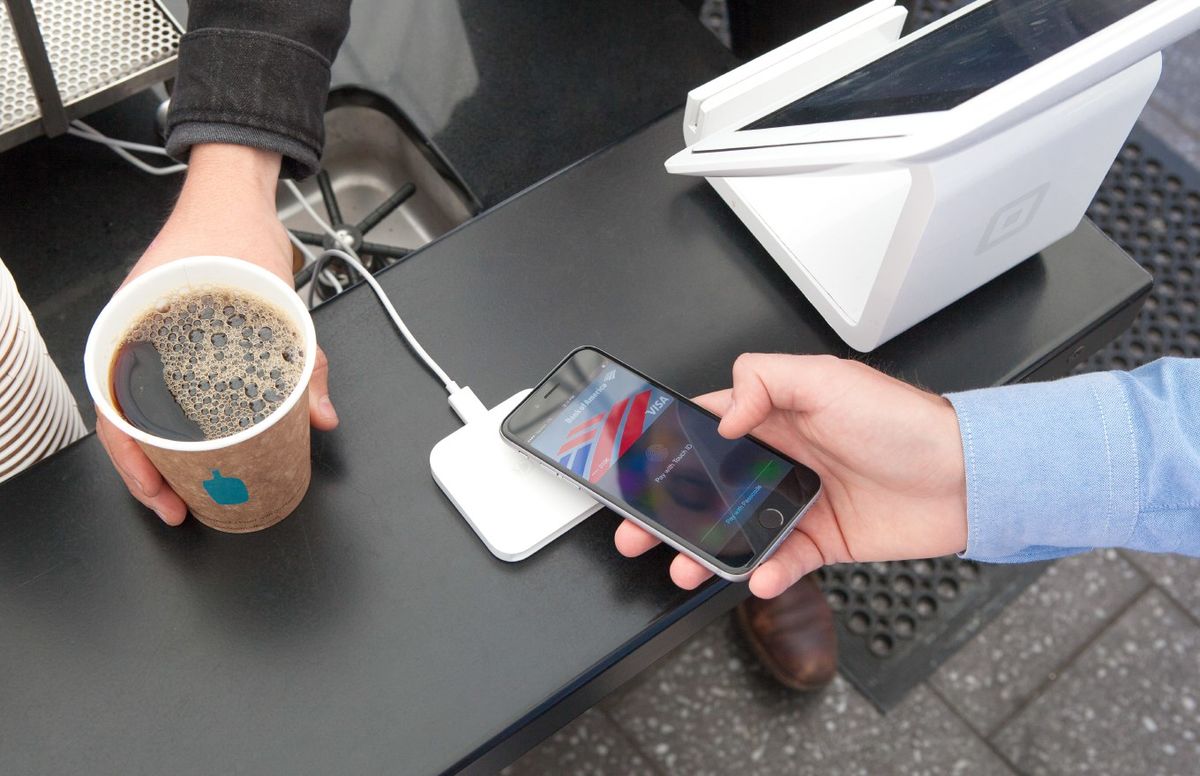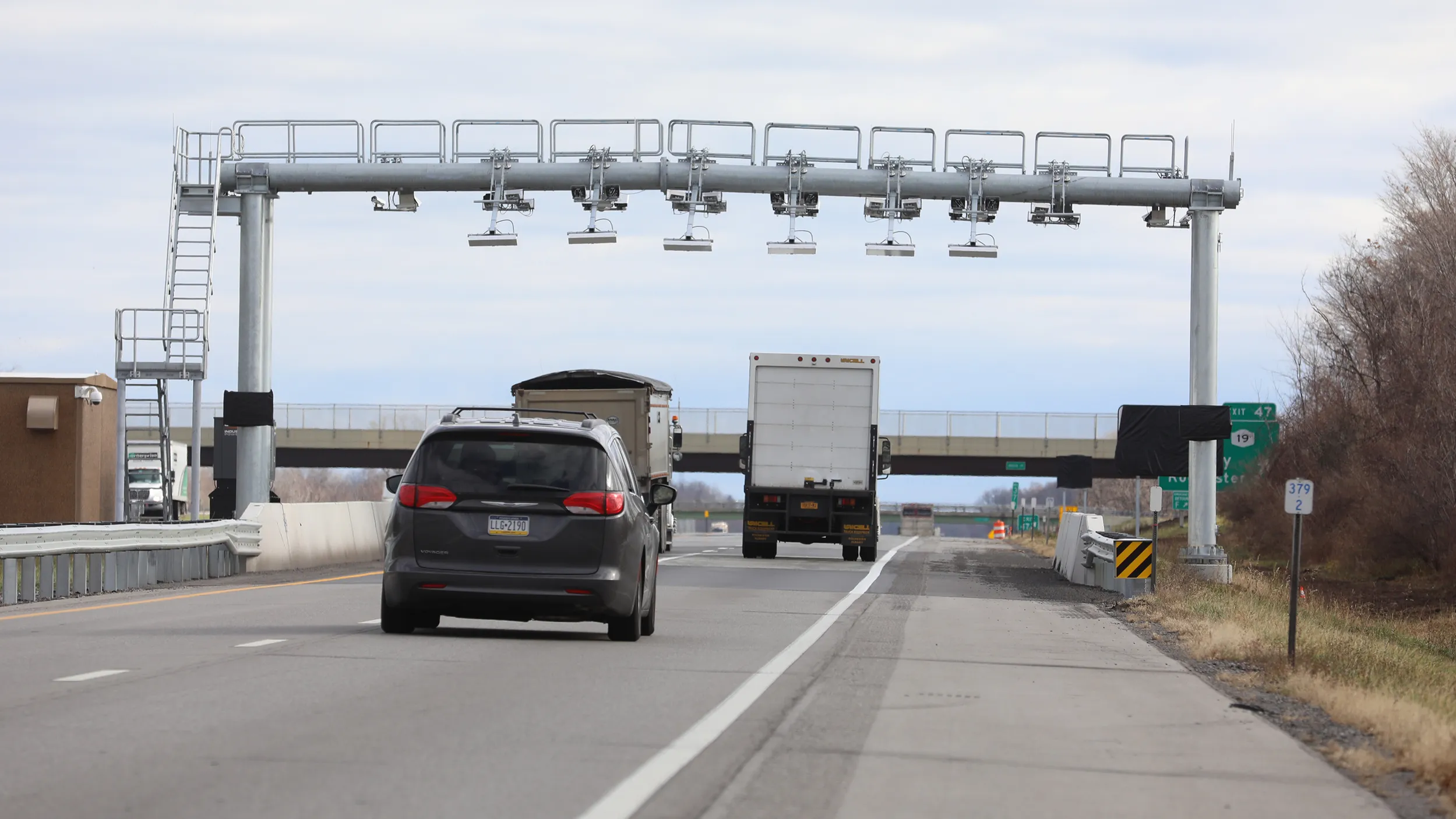Introduction
Welcome to the world of cashless venues, where transactions are conducted without the use of physical currency. Over the years, advances in technology and changing consumer preferences have paved the way for cashless transactions to become increasingly prevalent in various industries. From stadiums and music festivals to theme parks and restaurants, cashless venues are revolutionizing the way we make purchases and streamline transactions.
A cashless venue, as the name suggests, is an establishment or event where all transactions are conducted digitally, typically using electronic payment methods such as mobile payments, credit or debit cards, or contactless technologies like Near Field Communication (NFC). By eliminating the need for cash, these venues offer a more convenient and secure way for patrons to make purchases.
The shift towards cashless venues has been driven by several factors. For one, it enables faster and more efficient transactions, reducing the amount of time spent waiting in line for payments to be processed. Cashless transactions can be completed with just a tap or a swipe, leaving more time for attendees to enjoy the experience.
Another key benefit of cashless venues is the enhanced security it provides. By eliminating the use of physical currency, the risk of theft or loss is significantly reduced. Additionally, electronic payment methods often come with built-in security features such as encryption and authentication, further safeguarding sensitive financial information.
Furthermore, cashless venues open up opportunities for businesses to gather valuable data and insights about consumer behavior. With every digital transaction, businesses can track and analyze customer spending patterns, preferences, and demographics. This data can be utilized to personalize marketing efforts, improve customer experiences, and drive business growth.
As the use of cashless transactions continues to rise, an increasing number of venues have adopted this payment method. Major sports arenas, music festivals, and even small local businesses have embraced the cashless trend, recognizing the many benefits it offers. Throughout this article, we will explore various examples of cashless venues and delve into how they work, as well as address common concerns that people may have about this emerging trend.
Definition of a Cashless Venue
A cashless venue is an establishment or event where all transactions are conducted using electronic payment methods, without the need for physical currency. It eliminates the traditional exchange of cash and instead relies on digital payment technologies such as mobile payments, credit or debit cards, and contactless payment systems. By embracing cashless transactions, venues aim to provide a more convenient, efficient, and secure experience for customers.
In a cashless venue, patrons no longer need to carry cash or worry about exact change. Instead, they can make purchases by simply tapping or swiping their mobile devices, cards, or wristbands. The integration of digital payment platforms allows for seamless transactions and significantly reduces the time spent waiting in line, enhancing the overall customer experience.
Some popular methods of cashless payments include mobile wallets, such as Apple Pay, Google Pay, and Samsung Pay, which allow users to store their card information securely on their smartphones. Additionally, contactless payment technologies, like Near Field Communication (NFC) and radio-frequency identification (RFID), enable users to make payments by holding or tapping their enabled devices near a payment terminal. These technologies have become increasingly ubiquitous, making cashless transactions more accessible to a larger audience.
Furthermore, cashless venues often offer the option of linking payment methods to customer accounts or loyalty programs. This allows for seamless integration and faster transactions, as the customer’s payment information is securely stored and readily accessible. This feature also provides opportunities for businesses to gather valuable customer data, enabling them to personalize marketing efforts and enhance customer experiences.
It’s important to note that while cashless venues promote digital payments, they typically still offer alternative payment options for those who may prefer or only have access to cash. However, the emphasis is on encouraging and incentivizing digital payments to streamline transactions and improve operational efficiency. By embracing cashless technology, venues can adapt to evolving consumer preferences, enhance customer satisfaction, and stay ahead in the digital age.
Benefits of Cashless Venues
The rise of cashless venues has brought about numerous benefits for both businesses and consumers. Let’s explore some of the key advantages of embracing cashless transactions:
- Convenience: Cashless payments offer unparalleled convenience for patrons. With just a tap or a swipe, customers can quickly make purchases without fumbling for cash or waiting for change. This streamlined process reduces transaction time and allows attendees to spend more time enjoying the venue or event.
- Speed and Efficiency: Cashless transactions are typically faster and more efficient than cash-based payments. The elimination of physical currency eliminates the need for manual counting and change, reducing queue times and improving overall customer satisfaction. For businesses, faster transactions mean increased throughput and the ability to serve more customers in less time.
- Enhanced Security: Cashless venues provide an added layer of security for both consumers and businesses. With traditional cash transactions, there is always the risk of theft or loss. However, through digital payments, sensitive financial information is encrypted and protected, minimizing the chances of fraud or theft. Moreover, the use of digital payment methods creates a paper trail that can be traced, assisting in the investigation of any suspicious activities.
- Data Insights: Cashless transactions allow businesses to gather valuable data and insights about customer behavior. With each transaction, businesses can collect information on spending patterns, preferences, and demographics. This data can be analyzed to tailor marketing efforts, make informed business decisions, and create personalized experiences for customers.
- Reduced Operational Costs: Cashless venues can help businesses cut down on operational costs associated with cash handling and management. Processing physical currency requires additional manpower, security measures, and time-consuming reconciliations. By eliminating cash, businesses can allocate these resources elsewhere, optimizing operational efficiency and reducing costs.
- Hygiene and Safety: In light of recent global health concerns, cashless transactions offer a hygienic and safe alternative to handling physical currency. Physical money can harbor potentially harmful germs and viruses, posing a risk to both customers and employees. Digital payments eliminate this concern, providing a safer environment for everyone involved.
Overall, cashless venues offer a range of benefits that cater to the evolving needs and expectations of consumers. From convenience and speed to enhanced security and data insights, embracing cashless transactions can prove to be a game-changer for businesses looking to stay ahead in a rapidly advancing digital landscape.
Examples of Cashless Venues
Across various industries, cashless venues have gained popularity and are transforming the way transactions are conducted. Here are a few examples of establishments and events that have embraced cashless payments:
- Stadiums and Sports Arenas: Many sports stadiums and arenas have implemented cashless systems to enhance the fan experience. By accepting digital payments through mobile apps or contactless cards, attendees can easily purchase merchandise, food, and beverages without the need for cash. Major sports venues, such as Wembley Stadium in London and Mercedes-Benz Stadium in Atlanta, have successfully transitioned to cashless transactions.
- Music Festivals and Concerts: Cashless payments have become increasingly popular at music festivals and concerts. Events like Coachella, Lollapalooza, and Tomorrowland have implemented cashless wristbands or mobile apps that allow attendees to make purchases at vendor booths and concession stands. This eliminates the need to carry cash or worry about losing physical tickets.
- Theme Parks: Theme parks around the world have recognized the benefits of cashless payments. By implementing systems such as RFID wristbands or mobile apps, visitors can purchase tickets, food, and souvenirs with ease. Disney Parks and Universal Studios are examples of theme parks that have successfully implemented cashless transactions, streamlining the guest experience.
- Restaurants and Cafes: Cashless payments have also made their way into the food and beverage industry. Many restaurants and cafes now offer options for customers to pay using mobile apps or contactless cards. This not only provides a convenient and efficient way for customers to settle their bills but also helps establishments streamline their operations and track customer preferences.
- Retail Stores: Numerous retail stores have adopted cashless payment options to cater to changing consumer preferences. From large multinational chains to small local businesses, retailers are recognizing the benefits of cashless transactions. By providing customers with the option to pay through various digital payment methods, these establishments offer a seamless and secure shopping experience.
These examples demonstrate the diversity of cashless venues and the widespread adoption of this payment method. As consumers become more comfortable with digital payments, it is likely that more establishments across different industries will embrace cashless transactions to improve customer experiences and operational efficiency.
How Cashless Venues Work
Cashless venues operate on a system that replaces physical currency with electronic payment methods. Here’s an overview of how cashless venues work:
- Payment Options: Cashless venues typically offer multiple payment options to cater to a wide range of customers. These options may include mobile payment apps, contactless cards, wearable devices, or even biometric authentication methods. Customers can choose the most convenient payment method that suits their preferences.
- Account Creation: To initiate cashless transactions, customers may need to create an account or link their payment information to a specific digital platform or app. This involves providing necessary personal and financial details to securely store and process transactions.
- Secure Digital Transactions: When making a purchase at a cashless venue, customers simply need to tap their mobile device, card, or wearable device on a contactless payment terminal. The payment terminal reads the encrypted information and securely processes the transaction through the chosen payment gateway or financial institution.
- Real-Time Confirmation: Once a payment is processed, both the customer and the venue receive real-time confirmation of the transaction. Customers may receive a notification on their mobile device or through the digital payment app, while venues often have a backend system that tracks and records the transaction for financial and inventory management purposes.
- Transaction Limits and Security Features: Cashless venues may impose certain transaction limits or security features to protect against fraudulent activities. These limits can vary depending on the venue and the chosen payment method. Examples of security features may include two-factor authentication, biometric recognition, or PIN verification.
- Data Analytics and Customer Insights: Cashless transactions offer the advantage of collecting valuable data and insights about customer behavior. Cashless venues can analyze this data to gain a deeper understanding of customer preferences, spending patterns, and demographics. This information can be utilized to personalize marketing strategies, enhance customer experiences, and drive business growth.
Cashless venues rely on the seamless integration of digital payment technologies, financial systems, and backend management to facilitate secure and efficient transactions. By providing customers with multiple payment options and ensuring robust security measures, cashless venues aim to offer a convenient and hassle-free experience while boosting operational efficiency.
Common Concerns about Cashless Venues
While the adoption of cashless venues continues to grow, there are some common concerns that individuals may have regarding this payment method. Let’s address these concerns:
- Accessibility: One common concern is the accessibility of cashless venues for individuals who may not have access to digital payment methods. It is important for venues to still offer alternative payment options, such as cash or manual card transactions, to accommodate all patrons and ensure inclusivity.
- Privacy and Data Security: Some individuals may worry about the privacy and security of their personal and financial information when using cashless payment methods. Cashless venues must prioritize implementing robust security measures, encryption technologies, and strict data protection policies to safeguard customer data and maintain privacy.
- Technological Limitations: Concerns arise regarding technological limitations and potential glitches that may disrupt cashless transactions. Venues must invest in reliable and up-to-date technology, provide adequate technical support, and have backup solutions in place to address any issues that may arise during transactions.
- Exclusion of the Unbanked: A concern often raised is the exclusion of individuals who do not have access to banking services or are unbanked. It is important for cashless venues to consider offering alternatives, such as prepaid cards or partnerships with community organizations, to ensure that everyone can participate and enjoy the benefits of a cashless experience.
- Dependence on Internet Connectivity: Reliance on internet connectivity for digital payments raises concerns about potential disruptions in cashless transactions, particularly in areas with limited or unstable internet access. Cashless venues should have contingency plans in place, such as offline modes or backup communication methods, to mitigate any internet connectivity issues.
- Resistance to Change: Some individuals may resist the shift towards cashless transactions due to a preference for traditional cash handling or concerns about the perceived loss of control over their finances. By providing education and demonstrating the benefits of cashless payments, venues can help alleviate these concerns and encourage adoption.
It is important for cashless venues to address these concerns and ensure that the transition to cashless transactions is inclusive, secure, and seamless. By actively engaging with customers, implementing user-friendly systems, and providing alternatives, cashless venues can build trust and promote wider acceptance of this contemporary and convenient payment method.
Conclusion
Cashless venues have emerged as a modern and convenient way to conduct transactions, revolutionizing the way we make purchases in various industries. By embracing digital payment methods and eliminating the need for physical currency, these venues offer numerous benefits to businesses and customers alike.
From stadiums and music festivals to theme parks and restaurants, cashless venues provide convenience, speed, and enhanced security for patrons. The streamlined transaction process saves time, reduces waiting in queues, and allows customers to focus on enjoying the experience. Additionally, the use of digital payments reduces the risk of theft or loss associated with physical currency, offering a safer environment for both customers and businesses.
Furthermore, cashless venues enable businesses to gather valuable customer insights through data analysis. This information can be leveraged to personalize marketing efforts, improve customer experiences, and drive business growth. In addition, by eliminating the handling and management of physical cash, cashless venues reduce operational costs and improve efficiency.
However, it is crucial for cashless venues to address common concerns surrounding accessibility, privacy, technological limitations, and inclusivity. By providing alternative payment options, ensuring data security, investing in reliable technology, and catering to the needs of all customers, these concerns can be alleviated, fostering wider acceptance and adoption of cashless transactions.
In conclusion, the rise of cashless venues signifies the ongoing digital transformation in our society. As technology continues to advance and consumer preferences evolve, we can expect cashless transactions to become increasingly prevalent across various industries. By embracing this innovative payment method, businesses can enhance the customer experience, improve operational efficiency, and stay ahead in an increasingly digital world.

























